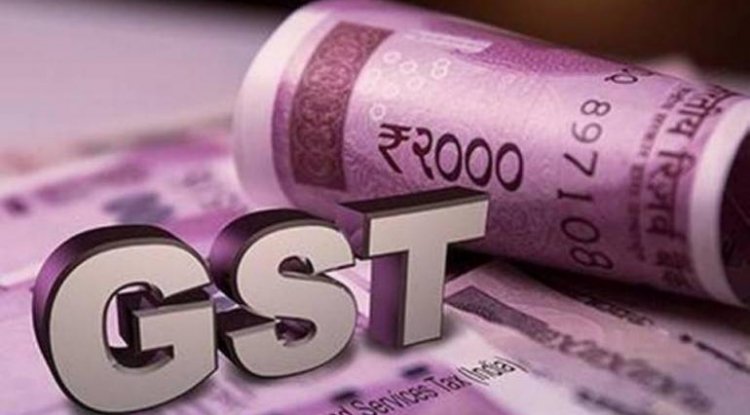

Our designers stay ahead of the curve to provide engaging and user friendly website designs to make.Our designers stay ahead of the curve to provide engaging and user friendly website designs to make.Our designers stay ahead of the curve to provide engaging and user friendly website designs to make.

[ad_1]

Despite insignificant Good & Services Tax (GST) collections, the Centre on Wednesday released ₹15,340 crores as GST compensation to States/Union Territories.
After the introduction of GST, the Centre had assured the States, through legislation, of full revenue compensation for the first five years.
For the purpose of calculating the compensation amount, 2015-16 was assumed to be the base year. The growth rate of revenue for a State during the five-year period was assumed at 14 per cent a year. Compensation is paid bi-monthly while the last instalment for any financial year is given in the next year.
Though the Centre has not specified the period for which the amount is released, it is believed to be for the December-January period.
But soon the April-May amount will be due, making it tough for the Centre to pay as it is estimated to be a much higher sum.
Government sources said that since the last release of GST compensation cess of ₹19,950 crores to States and UTs made in February for the months of October and November 2019, the Centre has released a total of ₹1.20-lakh crore in 2019-20 against a collection of ₹95,000 crores. No State/UT has been paid compensation for any period beyond October-November, a source clarified.
Since the end of August 2019, the Centre has been in a precarious position while paying GST compensation to the States and UTs. On an average, the monthly GST compensation cess requirement was to the tune of ₹14,000 crores while the cess collection on an average was only ₹7,000-₹8,000 crore per month.
Therefore, the only options left for the GST Council are to either bring more items under the cess base or to increase cess rate on the existing items.
An increase in compensation cess on few items may yield only about ₹2,000-3,000 crore a year. Therefore, the other options are to either forego full cess compensation which is increasing at the rate of 14 per cent annually or to go ahead with whatever compensation is available.
The Centre could also consider raising the tax rate on items by shuffling slab rates or borrow money to pay compensation to States.
As of now, no decision has been taken on any such measures. Considering the present situation, barring cigarettes and tobacco products, increasing the cess or expanding the base of GST cess items could be counterproductive.
In FY18 a total GST compensation cess of ₹62,611 crores was collected, of which ₹41,146 crores was released to the States/UTs as compensation.
In FY19, ₹95,081 crores was collected, of which ₹69,275 crores was released to the States and UTs.
As on March 31, 2019, ₹47,271-crore GST compensation cess collected had remained unutilised after the release of GST compensation to the States and UTs in 2017-18 and 2018-19, according to the Finance Ministry.
Source- Business Line.
[ad_2]
Source link